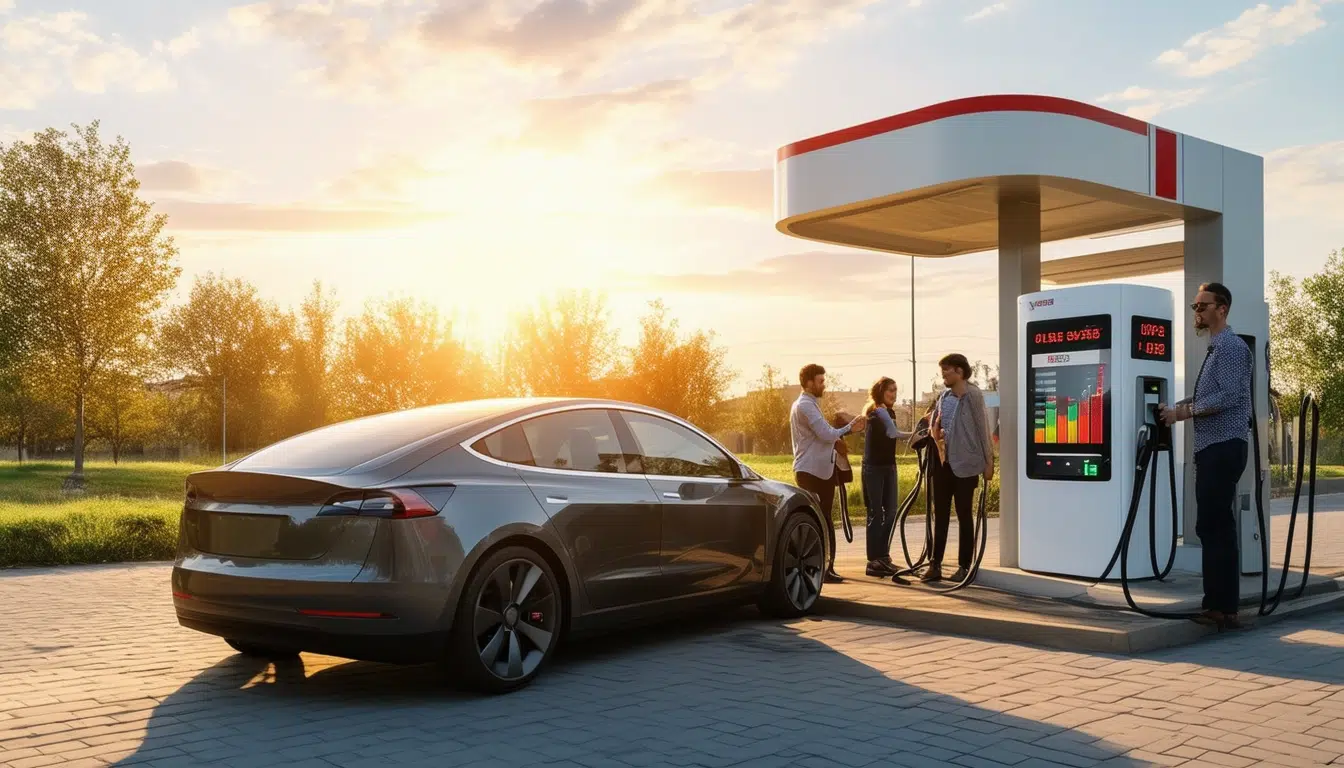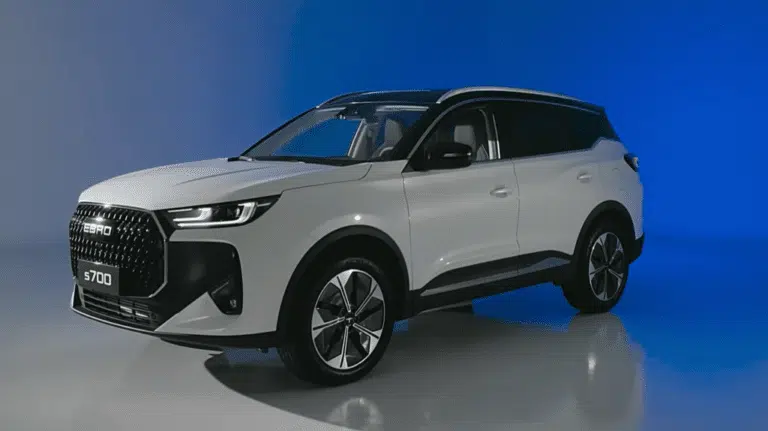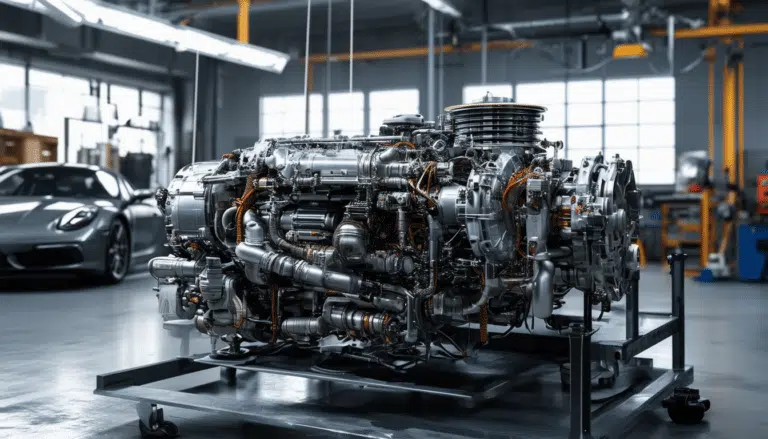Benefits of electric vehicles in reducing fuel costs

In a world where sustainability and economic efficiency are becoming increasingly prioritized, electric vehicles emerge as an effective solution to reduce fuel costs. Unlike conventional cars that run on gasoline, electric models rely on electricity, which translates into a significantly lower cost per 100 kilometers traveled. In addition to their operational economy, these vehicles contribute to the reduction of polluting emissions, offering both economic and environmental benefits. Adopting electric mobility not only optimizes the family budget but also moves towards a more sustainable future.
The transition to electric vehicles has gained increasing attention, not only for its potential to mitigate environmental impact but also for the significant economic savings it can offer. This article explores how electric vehicles contribute to reducing fuel costs, highlighting their energy efficiency and lower operational costs compared to gasoline cars.
Energy efficiency of electric vehicles
One of the main advantages of electric vehicles is their high energy efficiency. Compared to gasoline cars, which convert only about 20% of the fuel’s energy into motion, electric vehicles achieve a considerably higher efficiency. In fact, electric vehicles can convert up to 70% of the battery energy into motion, resulting in a notably lower energy cost.
Reduced operating costs
The operating costs of an electric vehicle are considerably lower than those of a gasoline vehicle. On average, the electricity cost to cover 100 kilometers ranges between 2 and 3 euros, while fossil fuels can cost more than double for the same distance. These savings translate into a higher initial investment that is quickly offset over time due to lower operation and maintenance costs.
Less dependence on fossil fuels
The use of electric vehicles not only implies a reduction in direct costs but also contributes to a lower dependence on fossil fuels. As the adoption of these vehicles increases, a shift towards more sustainable energy sources is promoted, and the demand for oil decreases, which has a positive long-term effect on the economic environment.
Reduction in annual operating costs
Recent studies have shown that the annual cost of operating an electric vehicle can be less than half the cost of using a gasoline car. This is due to the elimination of expenses such as maintaining internal combustion engines, which require more attention and parts replacement over time, compared to the mechanical simplicity of electric vehicles.
Long-term savings
Despite the higher initial costs associated with purchasing an electric vehicle, the long-term return on investment can be significant. Savings on fuel, maintenance, and potential tax incentives from governments to promote the use of this technology make electric vehicles a financially viable and sustainable option. Government initiatives in several countries are also designed to incentivize the adoption of these vehicles, further reinforcing their affordability.
Conclusion
The adoption of electric vehicles offers an effective solution for reducing fuel expenses and promotes a more sustainable future. With the increase in availability and the evolution of technology, the trend towards electric vehicles continues to grow, creating a positive impact both on personal finances and the environment.
Electric vehicles are revolutionizing the way people think about transportation and energy consumption. One of the most compelling reasons to opt for an electric car is the remarkable savings on fuel expenses. Unlike gasoline cars, which rely on fossil fuels, electric cars represent a shift towards a more sustainable and economically viable energy source.
The operating cost of an electric vehicle is significantly lower. While a conventional car may require up to 60% more in annual fuel expenses, electric cars only demand between 2 and 3 euros per 100 kilometers traveled. This substantial difference translates into considerable savings over time, especially for those who undertake daily commutes or long trips frequently. As charging infrastructure expands and improves, these benefits become even more accessible.
Furthermore, the use of electric vehicles not only reduces personal fuel expenses but also eases the economic burden on the energy system. Electricity is often cheaper and more stable compared to the fluctuating prices of gasoline. This price stability results in long-term savings not only for electric vehicle owners but also for society as a whole.
Environmentally, the adoption of electric vehicles contributes to a lower dependence on fossil fuels, thereby reducing greenhouse gas emissions. This not only benefits the planet but also fosters the creation of a healthier environment for future generations. In summary, choosing an electric vehicle not only represents a smart financial decision but also a commitment to a more sustainable future.




